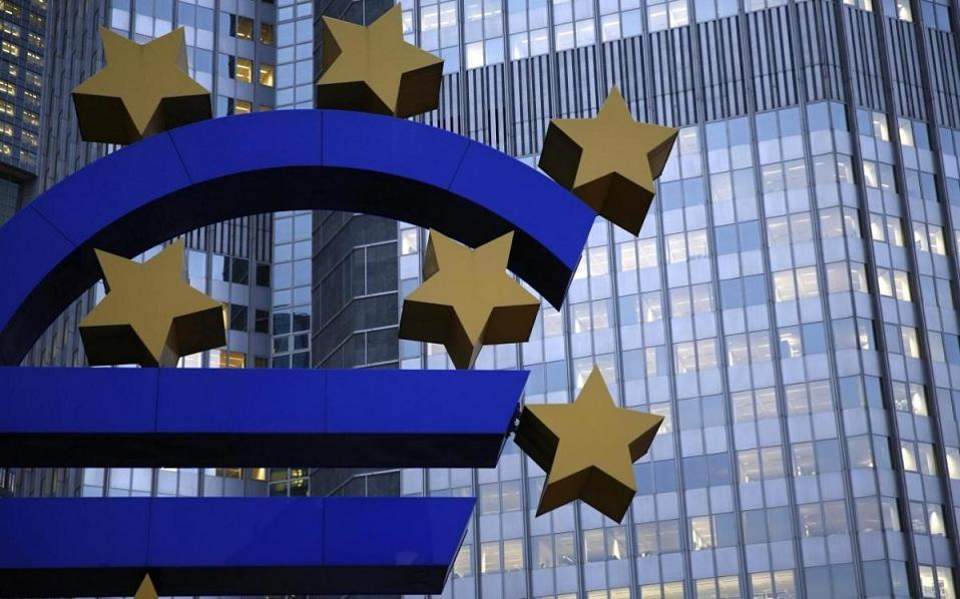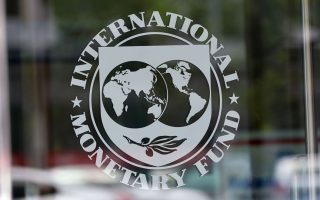Waiver extended to end-2024
ECB boost to Greek bonds is unlikely to have a major effect on their yields in the short term

The Greek bond market received a major sign of support by the European Central Bank on Thursday with the extension of the waiver until at least the end of 2024, although analysts anticipate further pressure on Greek yields in the coming week as the market adjusts to the end of the extraordinary bond-buying program (PEPP) that for two years has supported Greece significantly.
Frankfurt announced the decision the market had broadly expected, which is the maintenance of the special exemption for Greece of the rule banning junk-status bonds from being used as collateral for Eurosystem liquidity to banks.
Introduced in April 2020, the waiver has allowed Greek lenders to deposit their Greek bonds in return for cheap liquidity, at an interest rate between -0.5% and -1%, boosting their cash flow and revenues.
The extension of that exemption practically offers security to Greek bond holders, because they know they may exchange them at the ECB at any point of time at the same cost as the bonds from other countries. Still, that decision had already been priced into Greek yields, therefore there was little impact on Greek bond prices.
According to DZ Bank, the Greek spreads are actually seen expanding further in the coming months and reaching a new balance following the end of PEPP, with the risks of stagflation and lower growth due to the geopolitical developments also affecting the course of the bonds.
The yield of the benchmark 10-year paper has risen to 2.78%, which is the highest level since May 2019, while its spread with the German 10-year bund has grown by almost 90 basis points from the year’s low to reach 230 bps. DZ Bank now estimates that in the rest of the year it will grow further, up to 280 bps.
“Given the credit rating that is lower than investment grade, the highest debt-to-GDP ratio in the eurozone and the high volatility of the Greek spreads, we continue to assess Greece as a market with increased risks,” wrote Germany’s second largest bank.





